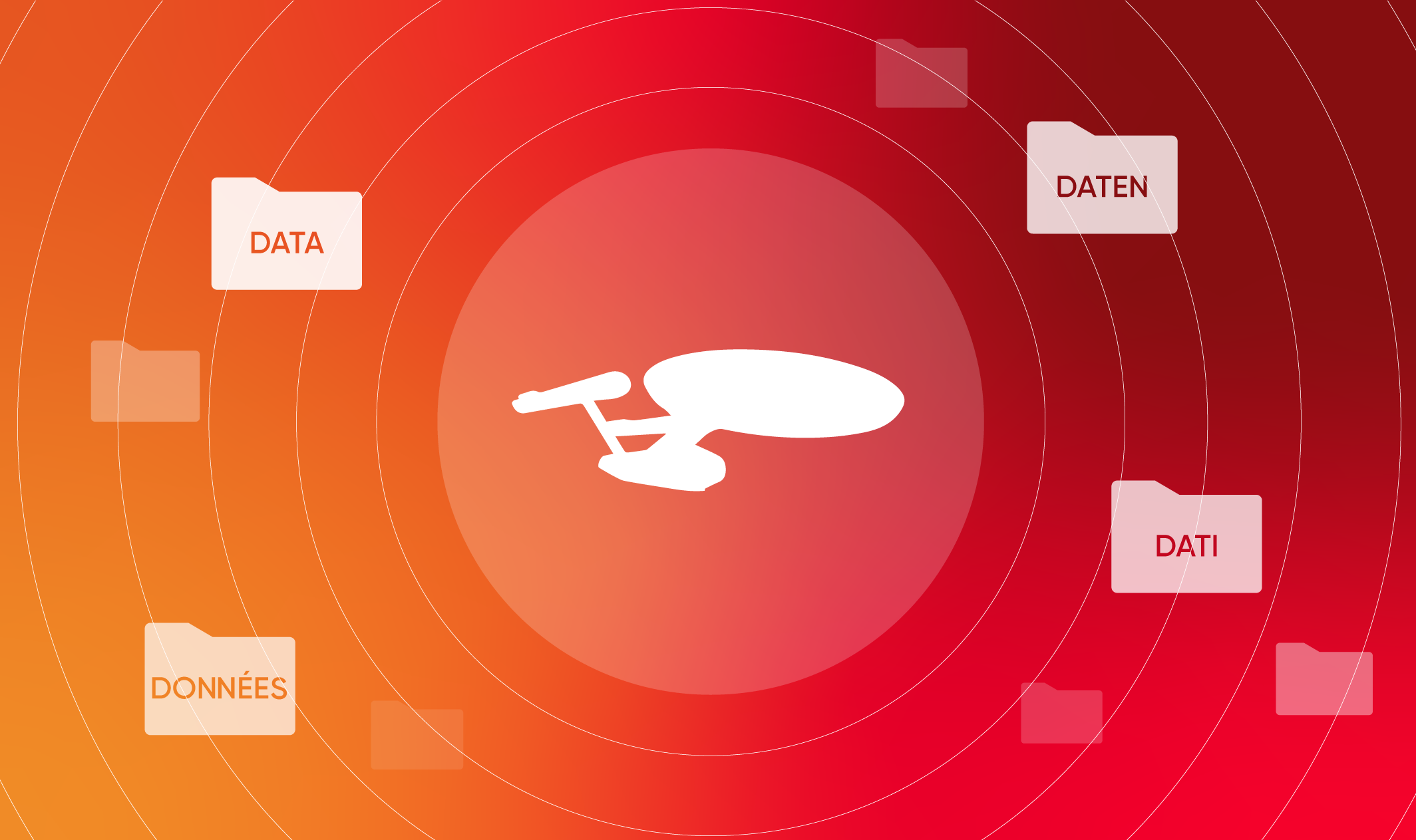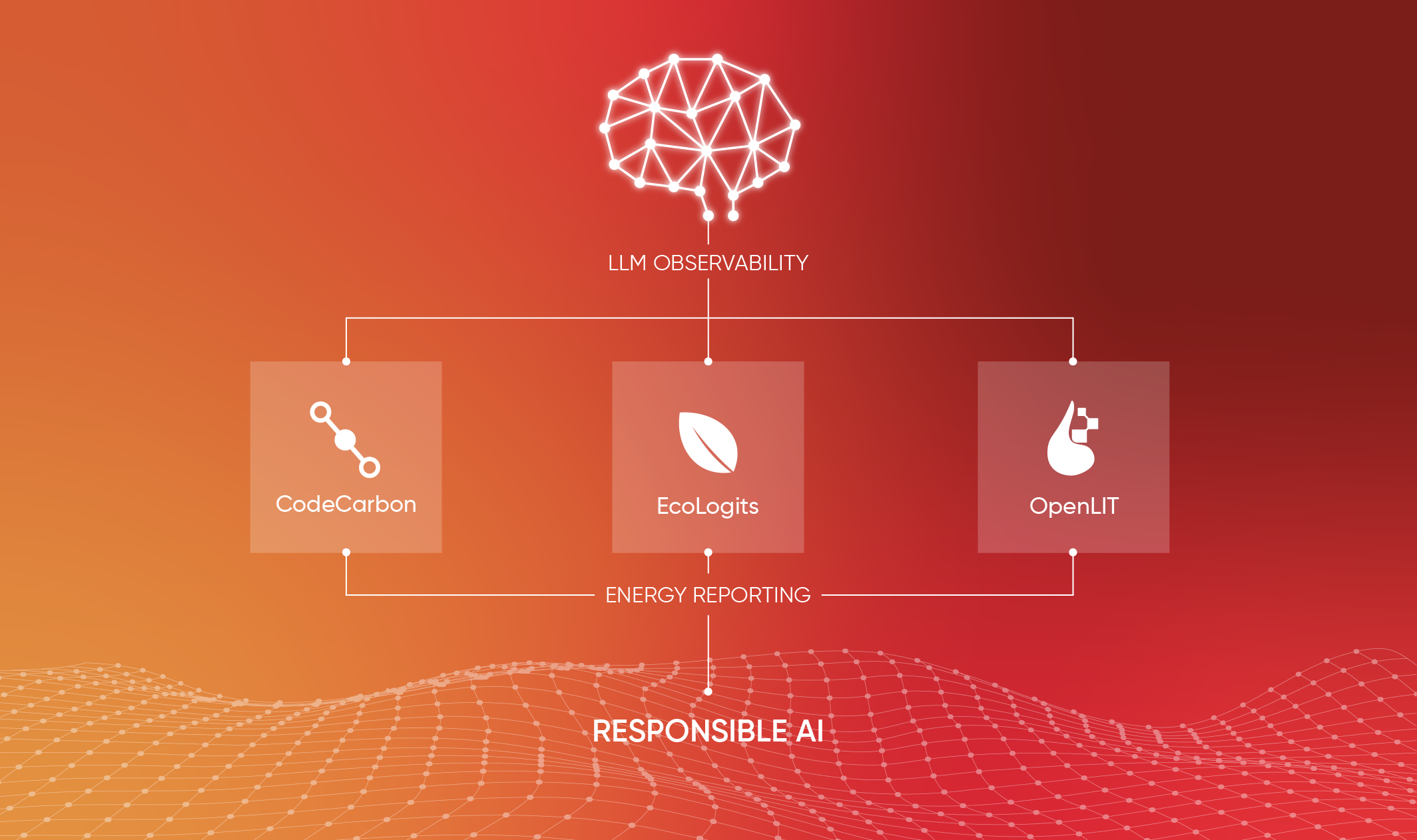
Why are AI companies still hiring humans?
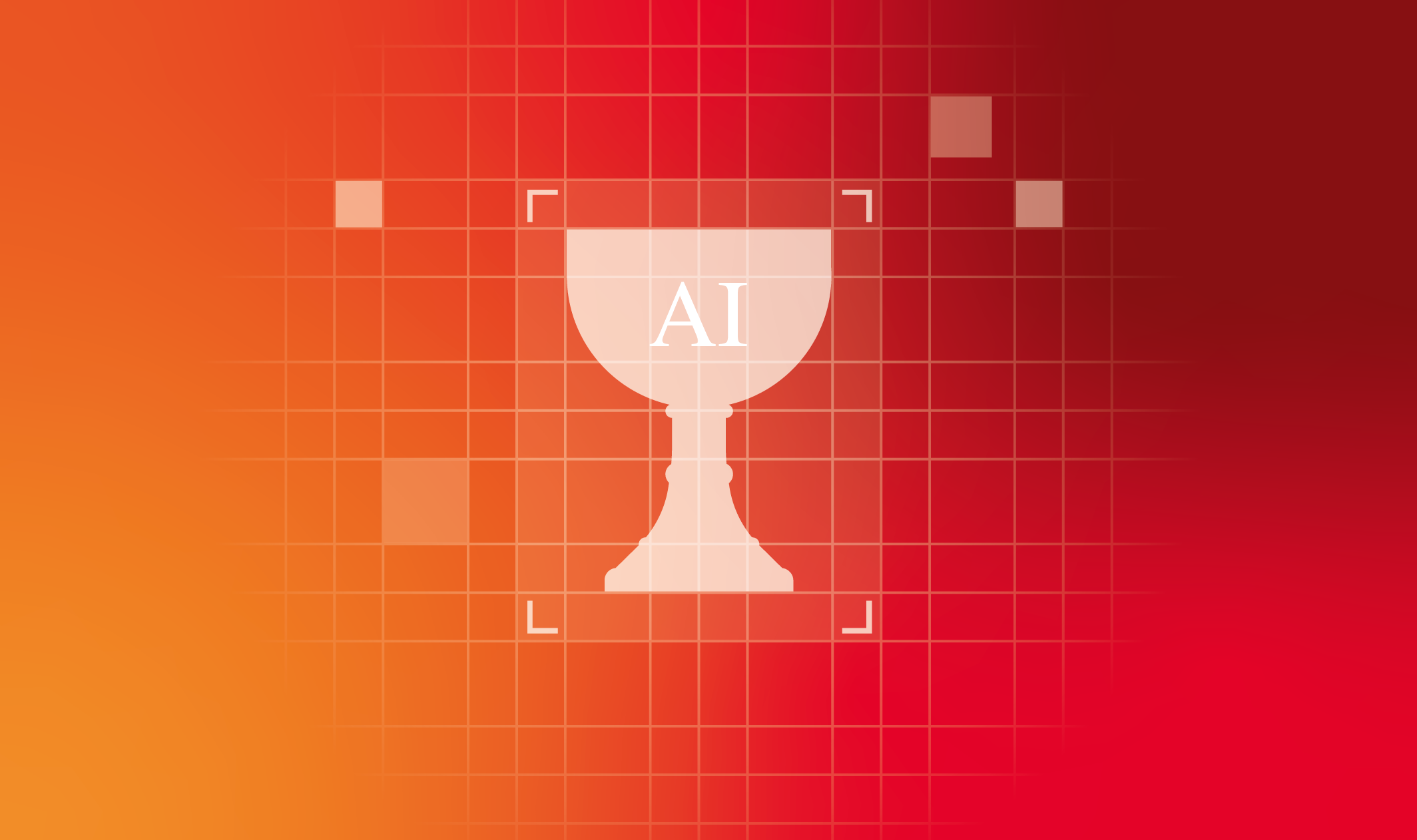
If AI is so damn good, why is Nvidia still hiring writers?
I have this recurring dream. We’re sitting in a boardroom with some suited and booted consultants telling us how their AI-based strategy is going to turn our business around. The land of plenty is within reach, so long as we invest in agentic and GenAI now, sack half of our staff, and shell out all of our cash for their cloud AI platform.
Then I pinch myself, wake up, and realise I’ve just spent 30 minutes doomscrolling on LinkedIn.
Perhaps I’m just a little battle-weary, having witnessed the hype cycle of numerous technologies over the decades, many of which were unsuccessful, and the rest of which ultimately fell short of their promises.
But I’m also getting a little sick of the meaningless fluff spouted by tech bros on the power of their AI to transform the workplace, and the equally short-sighted interpretation of every layoff announcement that follows.
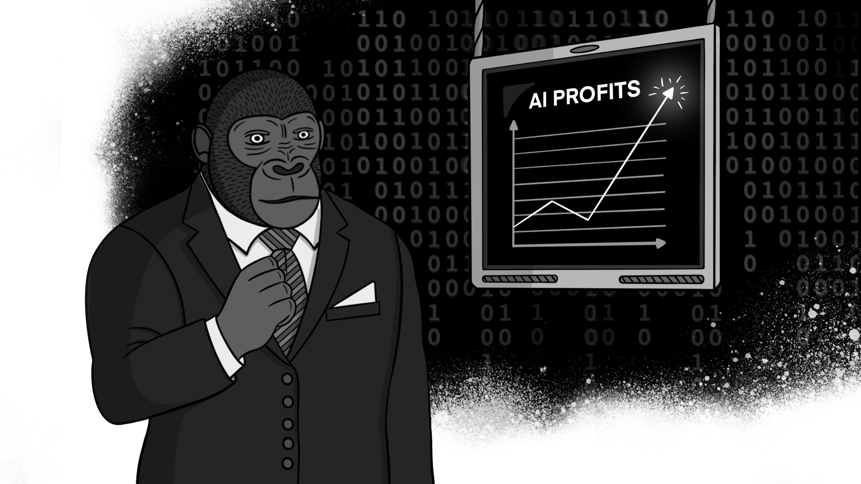
Is your job at risk?
During previous tech revolutions, it was the nation’s doers who were most heavily impacted. The rise in the use of the automobile meant there were fewer horses and wagons, and fewer people needed to look after those animals and maintain the wagons. As computers took pride of place on office desks, service engineers for typewriters were eventually forced to find new roles, and typewriter ribbon manufacturers are now few and far between.
Progress marches on, and there are plenty more historical parallels we could draw (spinning jenny, anyone?) But there are actually more jobs today and more people employed than ever before – why?
According to David H. Autor, technology has actually been shown to create more jobs [1]. It is the codifiable tasks that get automated, but simultaneously, this increases the demand for non-routine skills, such as problem-solving, that the new technology complements.
Unfortunately, it has also led to polarization in the labor market, with a growing loss in middle-skill jobs in favor of roles at the high (abstract tasks) and low-skill (manual tasks) ends of the spectrum.
OK, AI can be quite good…
As we’ve said before, this blog is still written by a pink fleshy thing (PFT). However, this PFT hasn’t turned a blind eye to the progress of technology and what AI has to offer. ChatGPT, NotebookLM, and other tools are great for summarizing masses of information, huge reports, and searching for those statements you know you read but can no longer find. So, of course, I’m using AI tools to help research and provide you, dear reader, with a (hopefully) compelling commentary on each topic.
But it’s not perfect. Just like a human.
AI doesn’t know everything, and sometimes it makes stuff up. It hallucinates.
Out of the box, NotebookLM is more trustworthy than ChatGPT. With NotebookLM, I provide various sources that I’ve found, which are quickly summarized. I can also ask the tool questions about its content. But simply putting the same queries into ChatGPT without referencing reliable sources is like riding an AI-built roller coaster; if it knows a lot about steel and physics, you’ll probably be OK. Otherwise, you’re screwed.
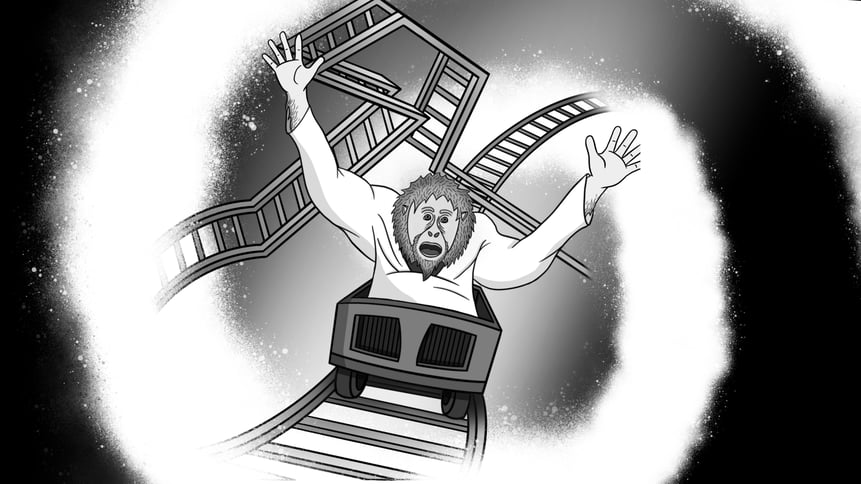
What’s [INSERT NAME] said about AI now?
At the beginning of 2025, Mark Zuckerberg hinted that Meta could start replacing mid-level software engineers with AI in the same year [2]. However, initially, he says it will be more expensive in the near-term than the developers it replaces. Amazon has also recently announced 14,000 corporate job cuts. Their CEO, Andy Jassy, believes that increased use of AI is also likely to lead to further job losses, as it takes on tasks that can be automated [3].
The assumption seems to be that everyone will integrate some sort of AI tool into their workflows, making human roles superfluous. Microsoft even put together a helpful list[4] of roles that it predicts are most exposed to AI, such as historians and coders (90%), salespeople and journalists (80%), and DJs and data scientists (75%). Less at risk are roles where a PFT actually has to physically do something, such as a floor sander or railway maintenance staff.
However, some of this list seems at odds with Amazon and Tesla, which are investing in AI-supported humanoid robotic platforms (Optimus and Digit) designed to replace human laborers [5]. So, not even the tech bros can agree on where the actual benefits of AI will lie.
And if you want to learn who hasn’t received the memo on the AI revolution yet, take a look at the Nvidia job board [6]. They’re looking for a “Senior Technical Writer, Developer Documentation” with an upper-end base salary over $250k.
Job recomposition rather than decimation?
Strip away all the bluster, and the AI revolution looks much like the technical advancements of the past. What’s clear is that agentic and generative AI will impact multiple industries, making it distinct from the past impact of automobiles on transportation or the multi-spindle spinning frame on the textile industry.
On the software programming front, an industry that commentators often see most at risk from AI, MIT’s study “Challenges and Paths Towards AI for Software Engineering” shows that there is still some way to go [7]. Generation of functional code snippets is typically not an issue. It’s the larger, more complex tasks, such as refactoring, testing, and system migration, that AI models are still struggling with. Due to a lack of maintenance, such as documenting historical code and summarizing changes, it seems the crystal ball powers of AI are no better than a PFT programmer.
Yes, AI will make some jobs disappear. However, most roles will adapt and change, resulting in professionals who are AI-augmented. More worrying is the current trend, as stated by Zuckerberg and others, to eliminate mid-level functions before we’ve arrived in the promised land. If we’re only left with entry-level roles without a career ladder to climb, where will future principals, executives, and leaders hone their craft?
-----
[1] https://pubs.aeaweb.org/doi/pdfplus/10.1257/jep.29
[3] https://www.reuters.com/sustainability/amazon-lay-off-about-14000-roles-2025-10-28/
[4] https://news.sky.com/story/the-40-jobs-most-at-risk-of-ai-and-40-it-cant-touch-13447013
[5] https://aiworldjournal.com/the-robots-have-clocked-in-tesla-and-amazons-next-gen-workers/

Never miss an update.
Subscribe for spam-free updates and articles.
